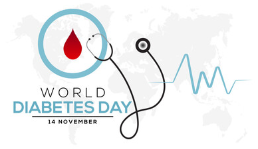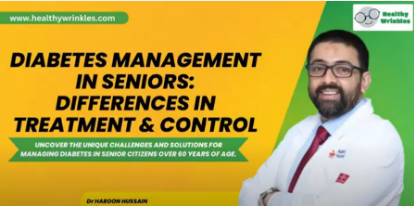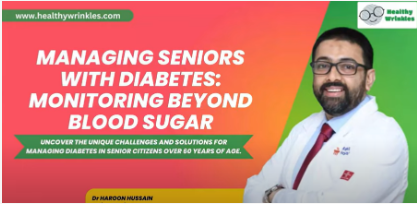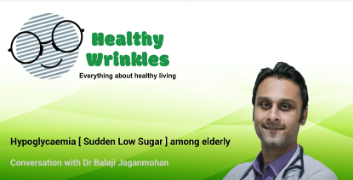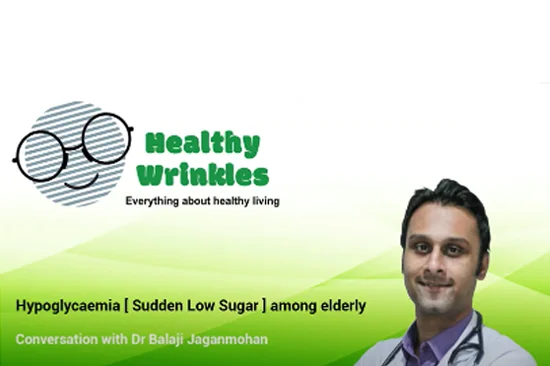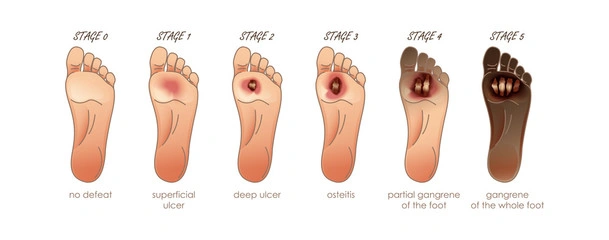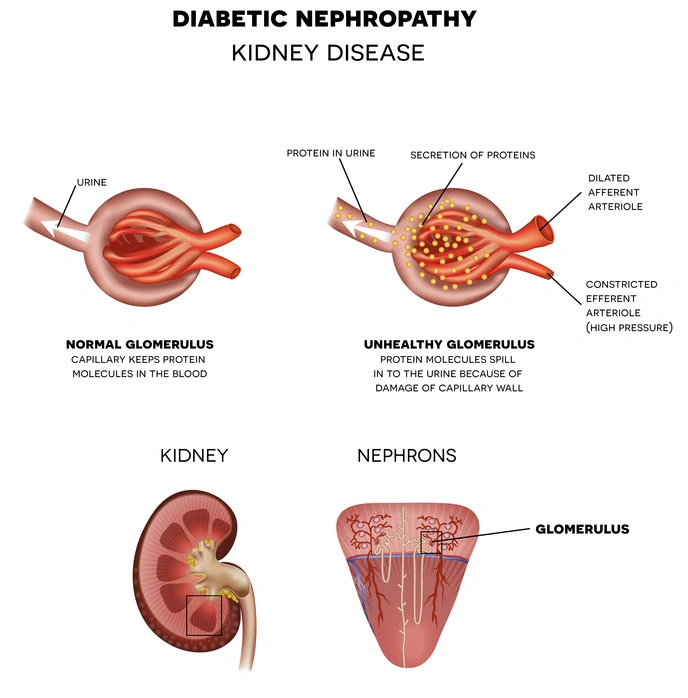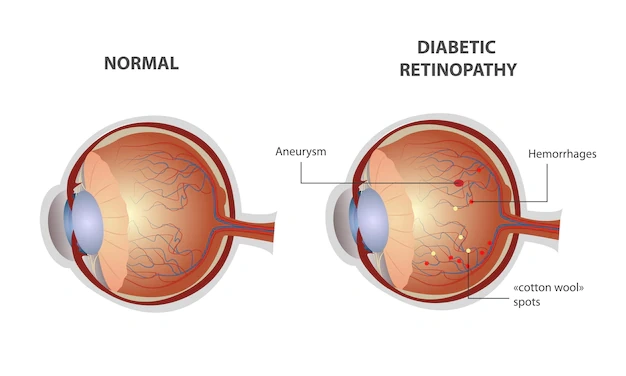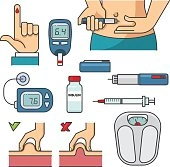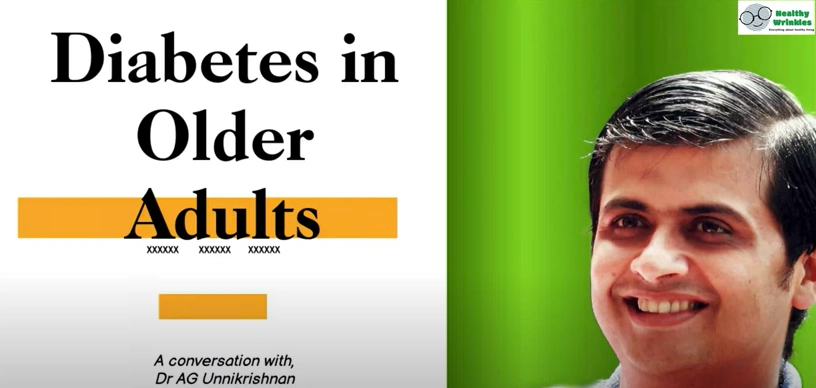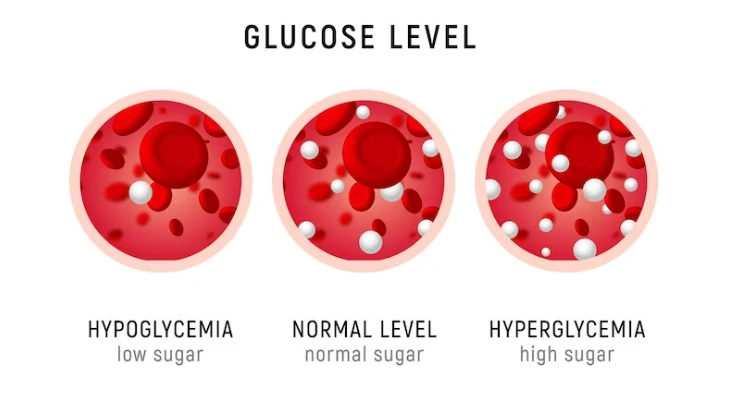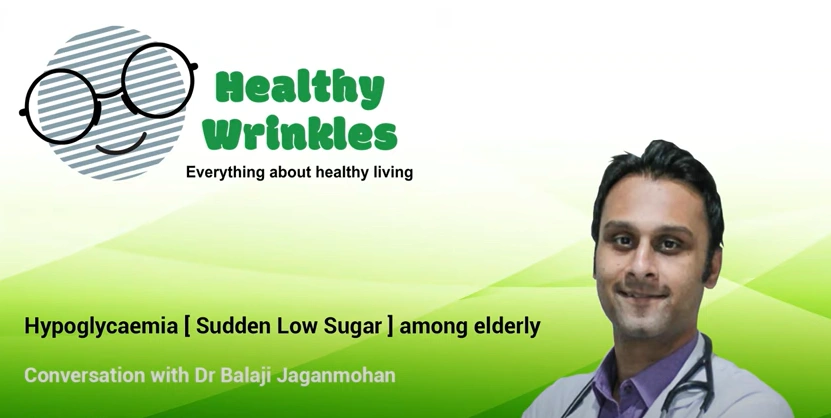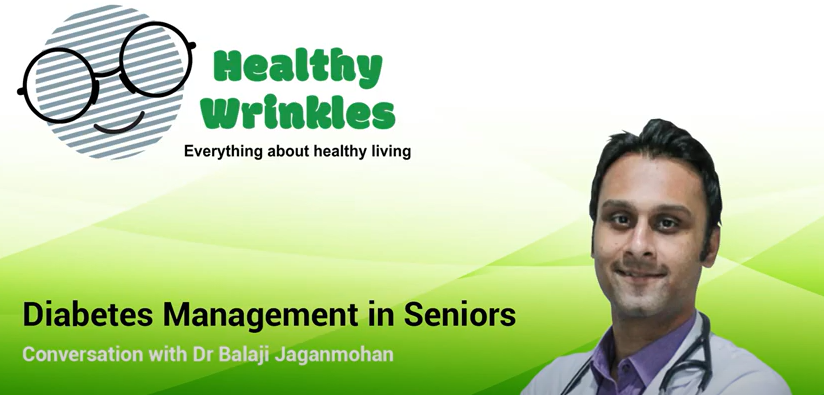Summary of What to ask your doctor for better diabetes control- Conversation with Dr A G Unnikrishnan
01-10-24
Dr. A G Unnikrishnan discusses how to consult a doctor for diabetes treatment, covering the period before entering the doctor's chamber, during the consultation, and after leaving the doctor's chamber. He stresses the importance of doing research to find a good doctor by reading reviews, searching online, or asking for recommendations from someone who has already been treated by that doctor. During the consultation, it is crucial to gather as much information as possible from the doctor, understand why diabetes is treated, and what the treatment entails, including diet, exercise, medication, and monitoring. Additionally, it is crucial to bring all necessary documents and notes from previous doctors, including previous reports and imaging, as this will help the doctor to provide a better diagnosis and treatment. Know more about diabetes from our experts.
Dr. A G Unnikrishnan explains the importance of bringing all necessary notes to a doctor's appointment, including notes from previous eye checkups, since diabetes affects the retina, and previous blood glucose level information. He advises that patients talk openly with their doctor and find a doctor who gives them the time to discuss their condition and how to manage it. Additionally, the doctor should check if the patient fully understands what is being said, make the patient feel comfortable, and use simple language to express the issue. Finally, the doctor should encourage the patient to participate in their care decisions, as evidence-based diabetes care respects patient choices.
Dr. Unnikrishnan discusses the importance of patients questioning their doctor about the medications prescribed to them for diabetes control. Patients should ask about the side effects of medicines, and how they work to help control diabetes. He also emphasizes that a good diet and exercise can help some people manage their diabetes without medication, but warns against extreme diets or starvation without medical guidance. Watch this curated list of videos on care for elderly for a better understanding.
The HbA1c test is discussed as an important gauge of long-term blood glucose levels and predicts diabetic complications.
Dr. Unnikrishnan talks about how diabetes causes damage to various organs and has become the leading cause of kidney failure, preventable blindness, heart attacks, and foot diseases. He emphasizes the need for a controlled blood sugar level, normal weight, blood pressure, and cholesterol to minimize the risk of diabetic complications. The doctor explains that hemoglobin A1C (HbA1c) is an important marker of glucose levels in the body that gives a three-month average of glucose. He cautions that a high HbA1c level indicates uncontrolled sugar levels in the past three months, even if blood glucose levels are normal on the day of the doctor's visit. Dr. Unnikrishnan explains that pre-diabetes is not a disease, but a warning sign that one may be at risk for diabetes in the future. Those with pre-diabetes should carefully control their diet and exercise to prevent diabetes and reduce their carbohydrate intake, which includes sugar, honey, jaggery, and other high-carbohydrate foods. Additionally, the doctor stresses the importance of personalized diabetes care and avoiding very aggressive glucose control in older individuals to prevent hypoglycemia, which can cause low blood sugar levels and lead to heart attacks and strokes. Lastly, the doctor recommends discussing important details such as medication and emergency contact information before leaving the doctor's chamber.
Dr. Unnikrishnan talks about the role of a doctor in helping patients with diabetes. He compares a doctor to a coach who can inspire and motivate patients to overcome the little challenges they face in their daily lives, such as resisting a piece of chocolate or getting up for a morning walk. He emphasizes the importance of personalized diabetes care that takes into account the patient's social and behavioral circumstances, family support, and personal wishes, rather than blindly increasing medication dosages. Dr. Unnikrishnan also stresses the significance of diet and exercise in managing diabetes and thanks the organizers of the discussion for inviting him.
Whether you are searching for informative articles or looking for qualified caregivers or healthcare providers, Healthywrinkles is an excellent resource for all your senior care needs.
"Join the cause and make a difference in a senior's life - share your knowledge about local senior care resources today!"
Disclaimer: Healthy Wrinkles does not recommend or offer any medical diagnosis, treatment, or advice. The information provided here is only for the awareness of disease or ailment among individuals, caregivers, and the public. The advice of doctors, licensed professionals, or therapists who are knowledgeable about your particular situation should always be sought before using the information provided here. It should also not be used in the event of a medical emergency or for the diagnosis or treatment of any medical condition. If you want urgent assistance, contact a qualified medical professional. Additionally, the information represents the author's views and not those of Healthy Wrinkles.
